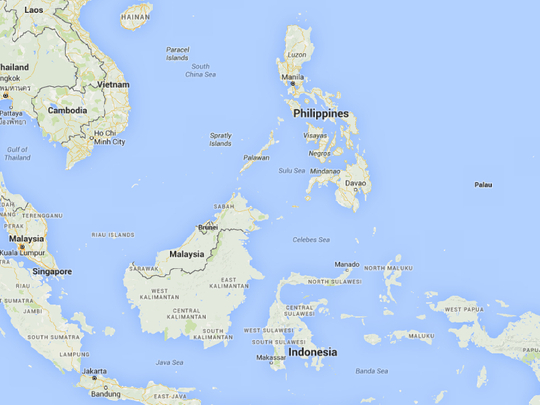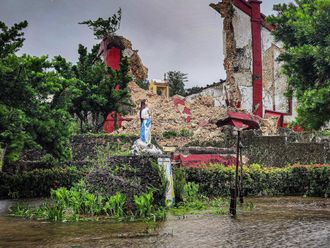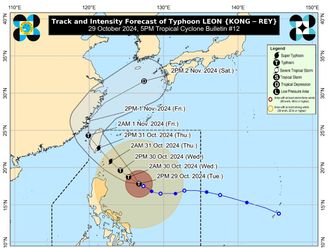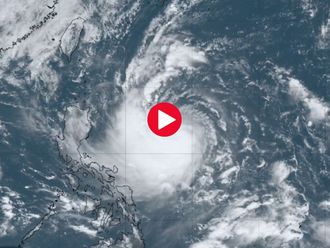
Manila: Philippine defence officials have said Indonesian forces can go after suspected Abu Sayyaf militants who took hostage seven Indonesian sailors on June 20.
However, Jakarta will need to coordinate with authorities in Manila for any operations.
Peter Paul Galvez, spokesperson for the Philippine Department of National Defence on Wednesday said an agreement signed by the two countries four decades ago allows Indonesian forces to pursue suspects inside Philippine territorial waters.
“Consistent with the 1975 border crossing agreement (between the Philippines and Indonesia), Indonesian security forces are allowed to enter Philippine maritime zones under the concept of hot pursuit in the same way that our forces are allowed to enter Indonesian maritime zones,” Galvez said.
On June 20, a group of suspected Abu Sayyaf gunmen boarded and captured the tugboat Charles 001 and barge Robby 152 while the vessels were transiting the Sulu Sea with their cargo of coal from Indonesia. The vessels were to deliver their load to a destination in Southern Mindanao.
Thirteen Indonesians were initially held hostage but six were later released.
The attack is the latest in a string of incidents victimising Indonesians as well as Malaysians and other foreign nationals. The perpetrators were believed to be operating out of Sulu and other parts of Western Mindanao.
Galvez said that while Indonesia can pursue the suspects they can only do so under certain conditions.
“Philippine security forces must immediately informed so that a coordinated and joint operation could immediately be undertaken. This is a move to further strengthen collective commitment to address, prevent and resolve transnational crimes,” Galvez said.
The Philippines share a common boundary at sea with Indonesia as well as Malaysia. The three countries’ apparently porous sea borders have been exploited by criminals such as pirates, human traffickers, smugglers well as groups that supposedly profess ideological and political ideals — such as the Abu Sayyaf.
Due to the latest abduction of its nationals, Jakarta said vessels flying the flag of Indonesia are now not allowed to sail on Philippine waters.
“Seaport officials are under strict orders not to issue permits to all vessels bound for the Philippines without exception,” Indonesian Transport Director Tonny Budiono was quoted as saying in a state news report.
The Abu Sayyaf typically attack vessels or holiday makers transiting the Sulu Sea or other areas close by.
Among its latest victims were two Canadians — John Ridsdel and Robert Hall as well as Norwegian Kjartan Sekkingstad and Filipina Marites Flor.
The four were taken from a resort in Samal Island in Davao del Norte last November 21 and brought to Sulu.
Ridsdel and Hall were executed by the Abu Sayyaf in April and June after the deadline for payment of ransom lapsed while Flor was released this week. Only Sekkingstad remain in the hands of the kidnappers among the four Samal hostages.
Due to the ricing incidents of kidnappings and other crimes in the Sulu Sea area, Malaysia, Indonesia and the Philippines agreed to conduct joint patrols. However, the three countries are still in the process of drafting protocols for such coordinated actions.












